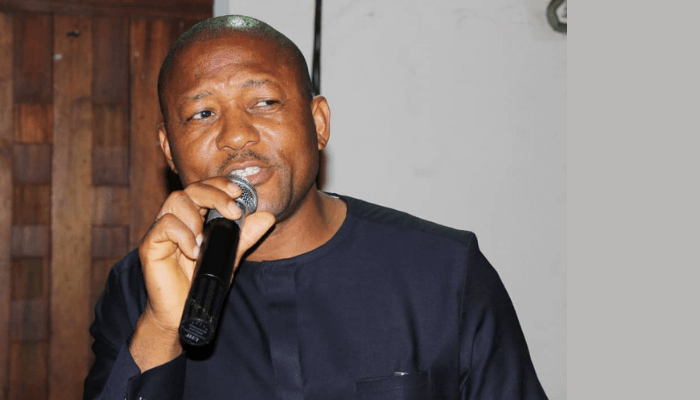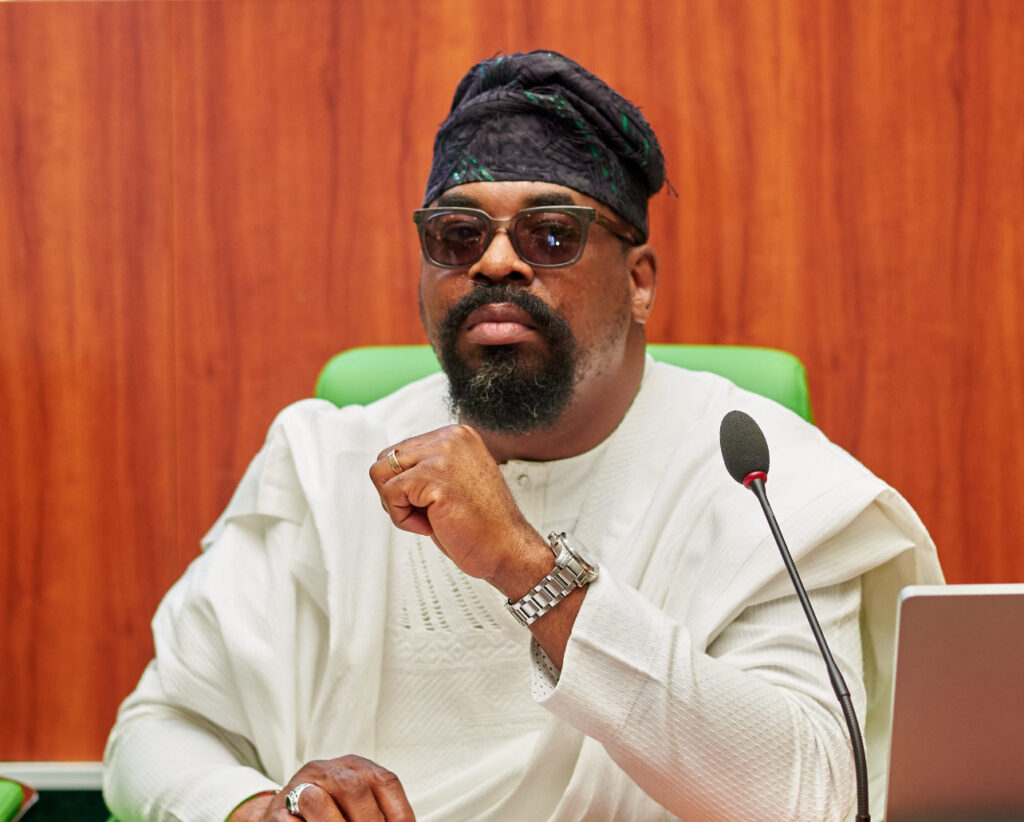
Human resource professionals have been urged to focus on actions that deliver measurable business value rather than routine tasks that gradually weaken their credibility within organisations.
The advice came from Mr. Imole Ashogbon, a Strategic HR and Culture Architect, who spoke about how many HR departments inadvertently lose trust and influence over time.
According to him, HR credibility “doesn’t vanish overnight—it fades one well-intentioned meeting, policy, or checklist at a time.” He explained that while many HR teams work hard, they often become trapped in low-impact activities.
“Meetings become checklists, policies become shields, and engagement becomes a box-ticking ritual,” he said.
Citing management scholar Prof. Dave Ulrich, Ashogbon noted that “HR’s credibility comes when it creates value, not activity.” He stressed that the real challenge for modern HR is not doing more, but doing what matters—and linking every initiative to tangible business outcomes.
Ashogbon outlined what he called “The Nine Deadly Sins of HR”, which, he said, erode trust, damage culture, and harm performance. They are:
Death by Policy, Loss of Credibility, Repackaging Old Practices, Box-Ticking Engagement, Disconnected from Business, Broken Promises, Misdiagnosing Resistance, Data Without Decisions, and Silence in the Room.
“These habits,” he said, “reflect deeper organisational blind spots that quietly undermine culture and performance. The cost of these sins isn’t just HR’s reputation—it’s business performance.”
Also contributing, Mr. Paul Joseph Badia, a certified human resources practitioner, observed that HR often fails because of inertia.
“Doing the same things repeatedly while expecting different results is HR’s biggest problem,” he said. “Repackaging old practices with new buzzwords doesn’t drive real change—it only creates the illusion of progress.”
In her remarks, Ms. Nurat Adebayo, an HR Business Partner and Labour Relations Specialist, said the most effective HR leaders are those who are clear about their objectives.
“They connect every action to a business consequence,” she noted.
Ashogbon urged HR professionals to reflect and take ownership of change, challenging them to ask:
“Where is this happening in your organisation?” and “What’s one behaviour you could change this quarter?”












